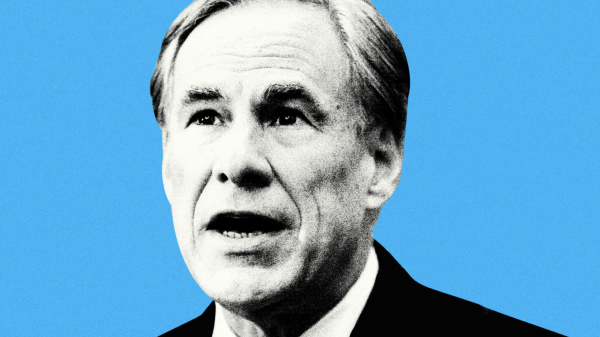Behind the Beyond Meat Burger
February 9, 2020
With environmentalism becoming a more prevalent issue in society, many people are making the switch from regular meat burgers to this new generation of plant-based vegetarian burgers – the Beyond Meat Burger. Whether the original creation of the Beyond Meat Burger founder, or a fast food take, like the Impossible Whopper at Burger King, this movement of vegetarianism is taking over the food industry. Beyond Buger’s mission statement is to “address four growing global issues: human health, climate change, constraints on natural resources, and animal welfare,” but how far are they willing to go to create this facade of a perfect burger [1]?
Numerous studies have shown that the beyond burger is not in any way healthier to humans than the classic hamburger. The company claims that there is no cholesterol in the burger, but there’s more sodium, more saturated fats, and the same greasiness [2]. The company prides itself in having four fats, even though two of the four have extremely high quantities of saturated fats: coconut oil and cocoa butter. Asserting that the Beyond Burger is healthier is false, as a classic hamburger from Burger King has just olive oil, which has significantly less saturated fats than the four fats in the Beyond Burger. Additionally, the Beyond Burger company has contradicted itself: it claims that there’s no cholesterol, but saturated fats are directly linked with cholesterol [3].
The point of the Beyond Burger is to promote a healthy lifestyle, which can be adopted if the burger is eaten with the sides dropped. Soda, fries and onion rings contribute to this issue of hazardous eating habits, contributing to the country’s increasing obesity [4]. Substituting these unhealthy choices with alternatives such as vegetable sides or even using a whole wheat bun with the burger can help achieve this lifestyle.
With its growing popularity, the Beyond Burger has made its debut in a number of restaurants including Burger King, Subway, Dunkin, McDonalds, Tim Hortins, and KFC. However, economically, these restaurants with a menu focused on the meat industry risk business with 60% of Americans due to the public’s decreased meat intake [5]. To combat this issue, many have added the Beyond Burger to their menus to cater to a larger audience. However, not all companies are choosing to accommodate the addition of this new food item. “For instance, the CEO of Whole Foods and the CEO of Chipotle both criticized Beyond and Impossible products, calling them too highly processed” [6]. Both these companies have vegetarian options, which is why they aren’t reliant on this Burger to maintain business, especially for their non-meat eating customers.
The ambiguity behind the Beyond Burger creates controversy on what new food is being introduced into the food industry. While tasty and resemblant of a real hamburger, it’s important to note the motives and truth behind this burger. As a vegetarian, I find that this burger allowed me to have more options when eating out, but as a health conscientious teenager, I also find that I’d rather eat something that’s better for my body and won’t cause any long term health effects.
[1] https://www.beyondmeat.com/
[3] https://www.healthline.com/nutrition/saturated-fat-good-or-bad










Elizabeth Killian • Feb 14, 2020 at 3:18 pm
Thank you for your informed article that cut through all the hype of the faux burger.